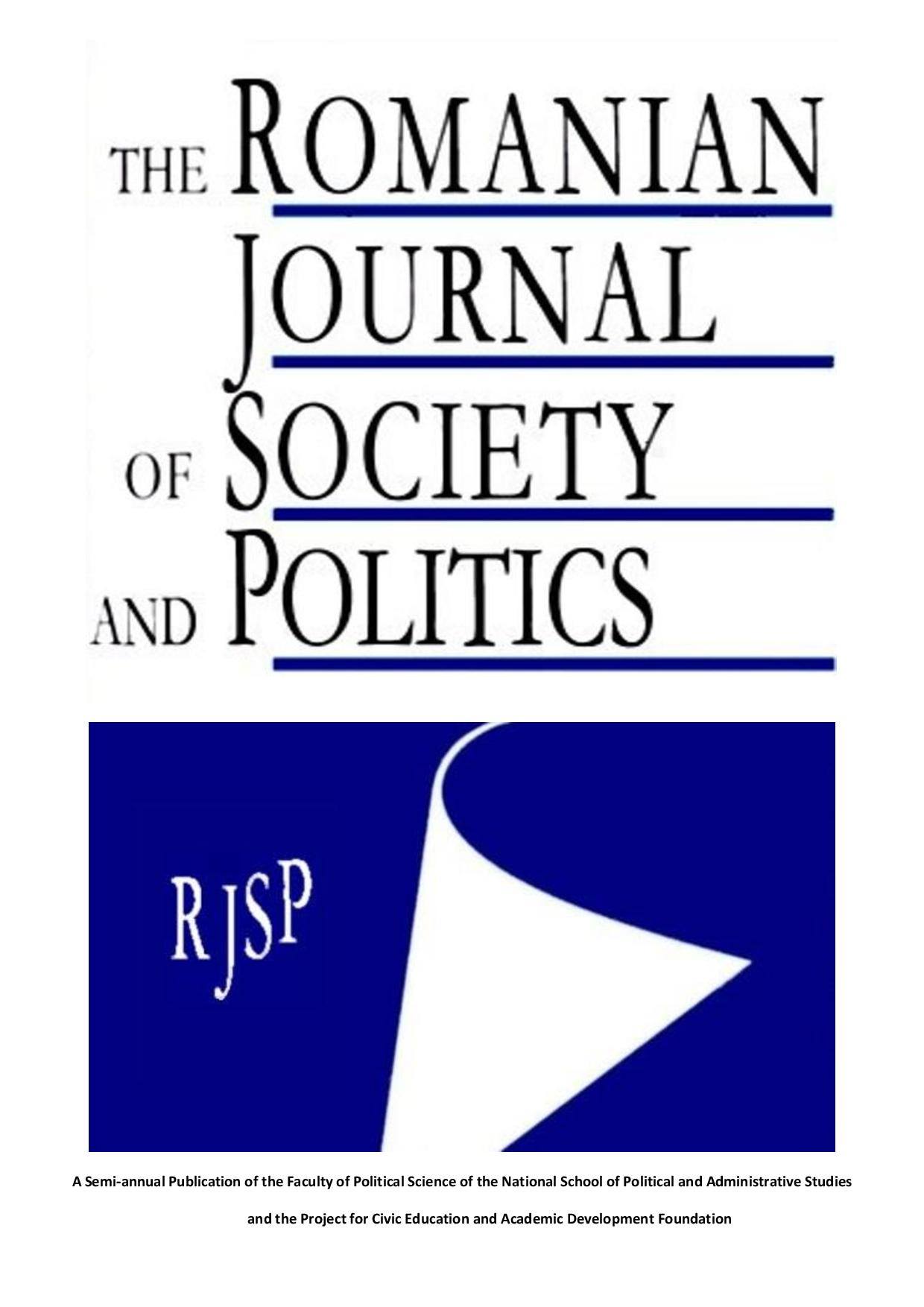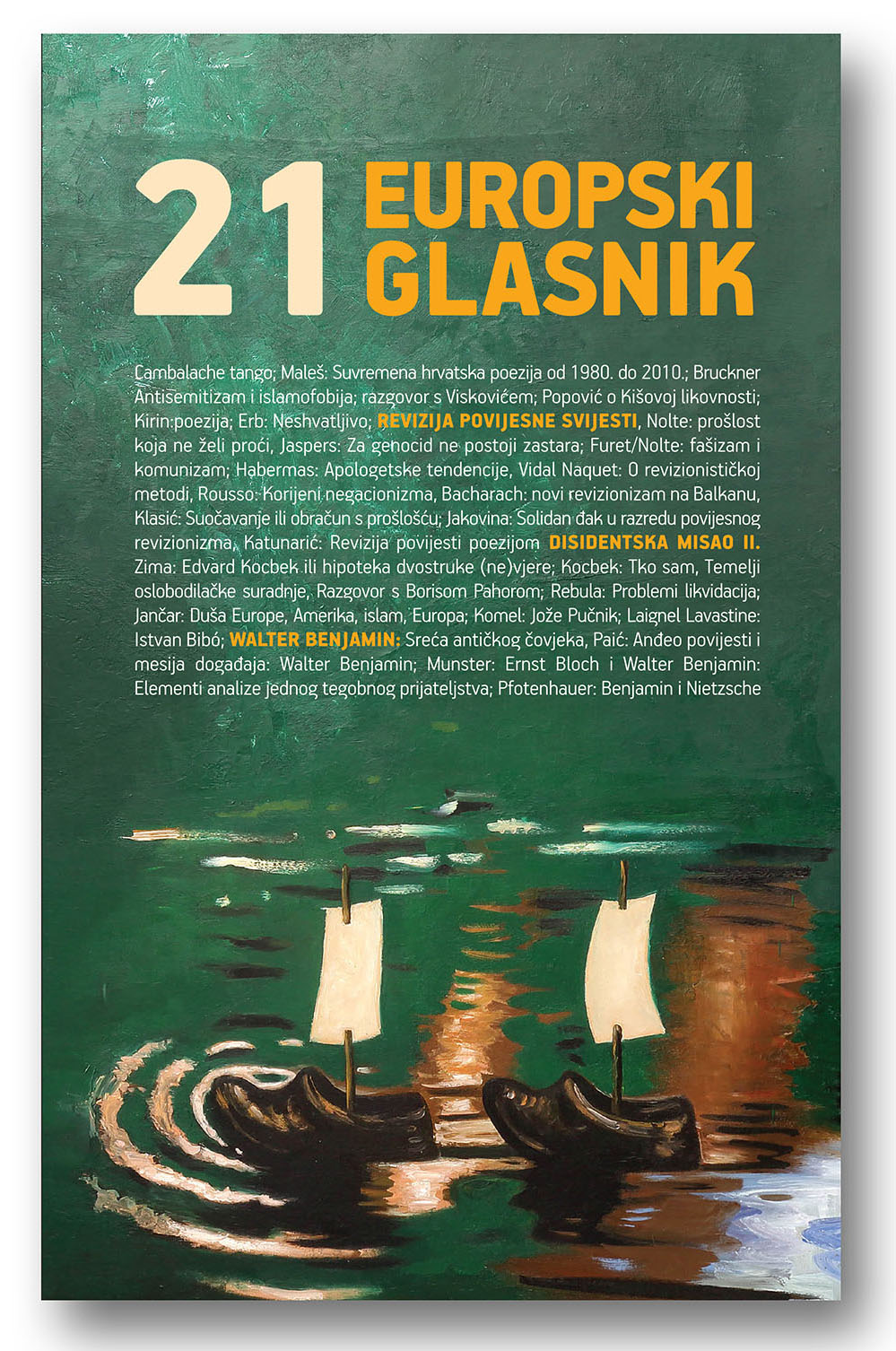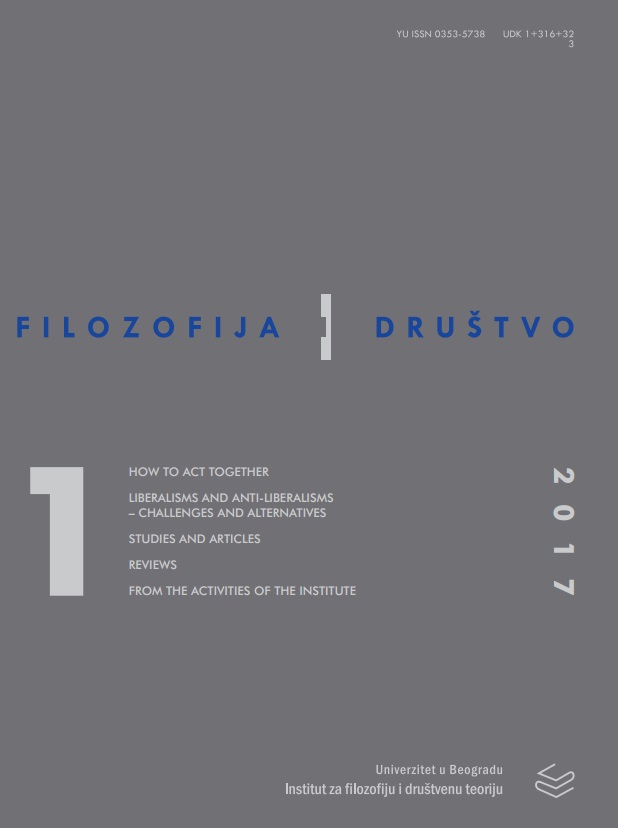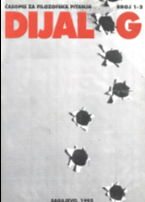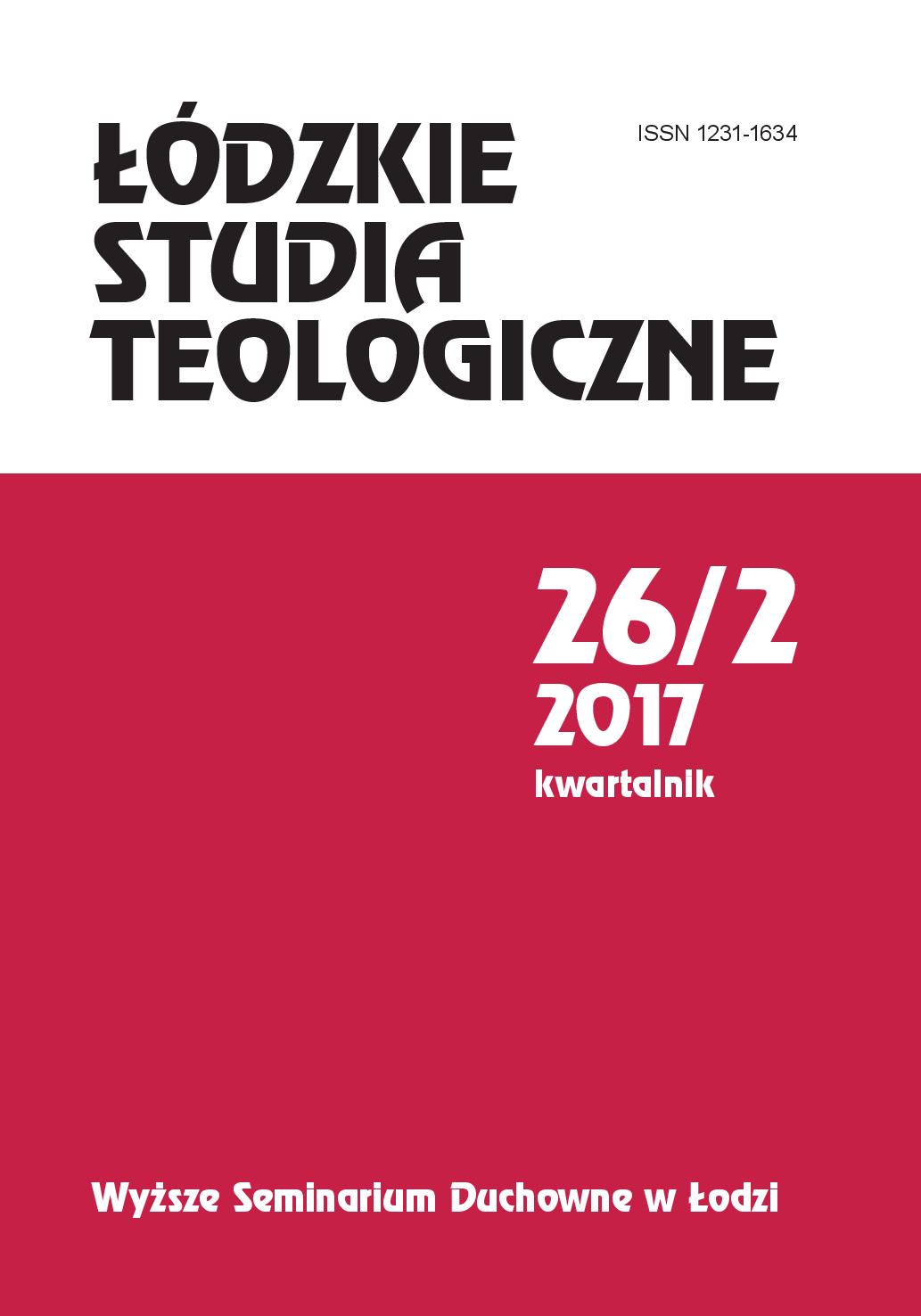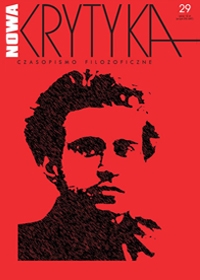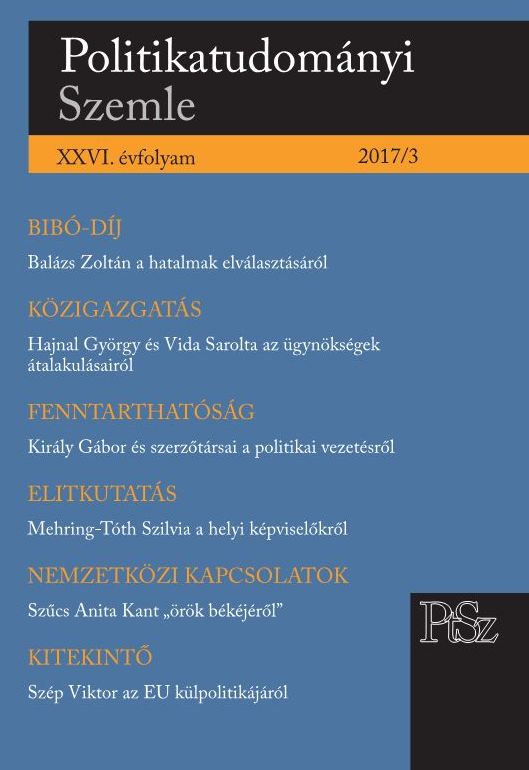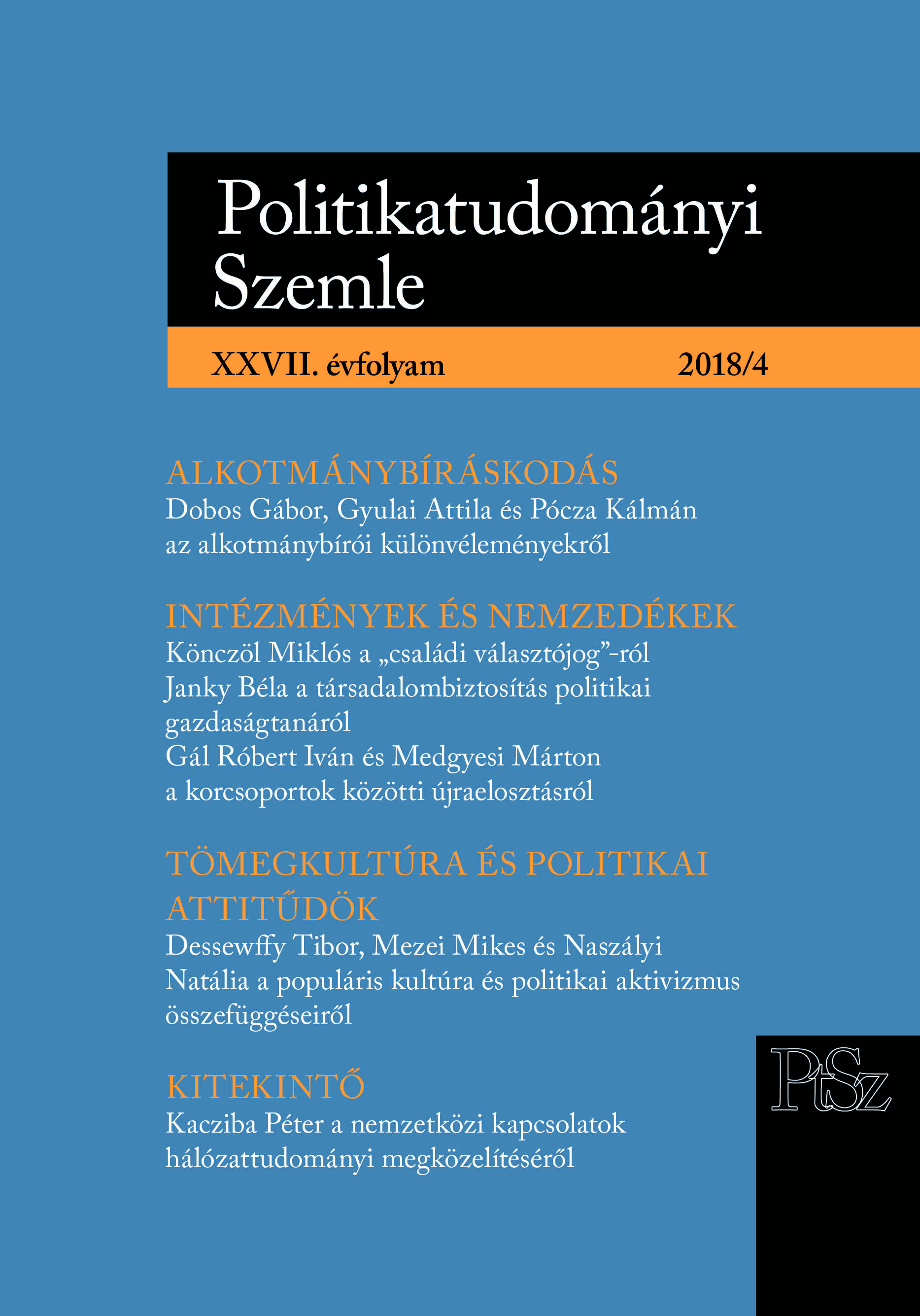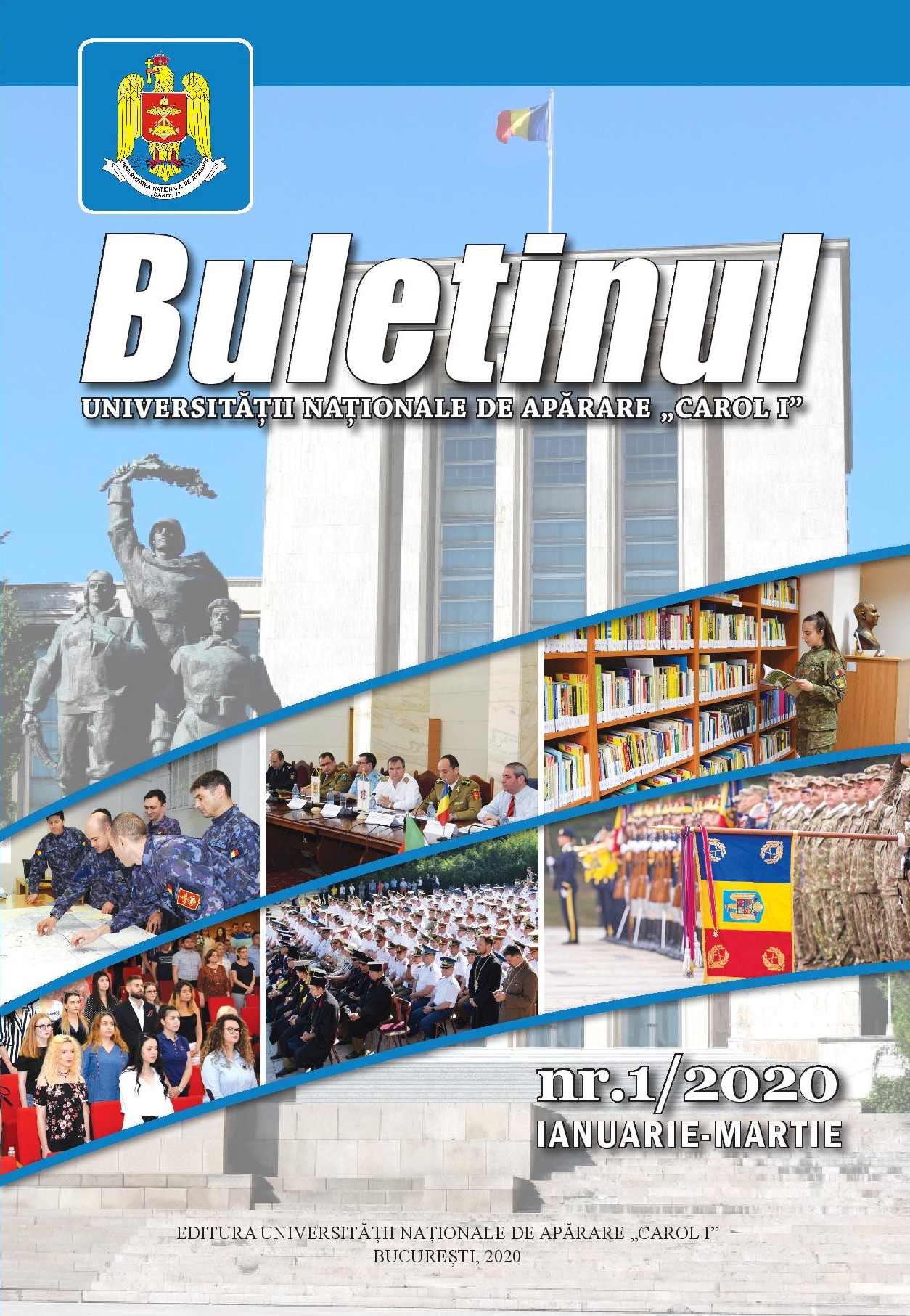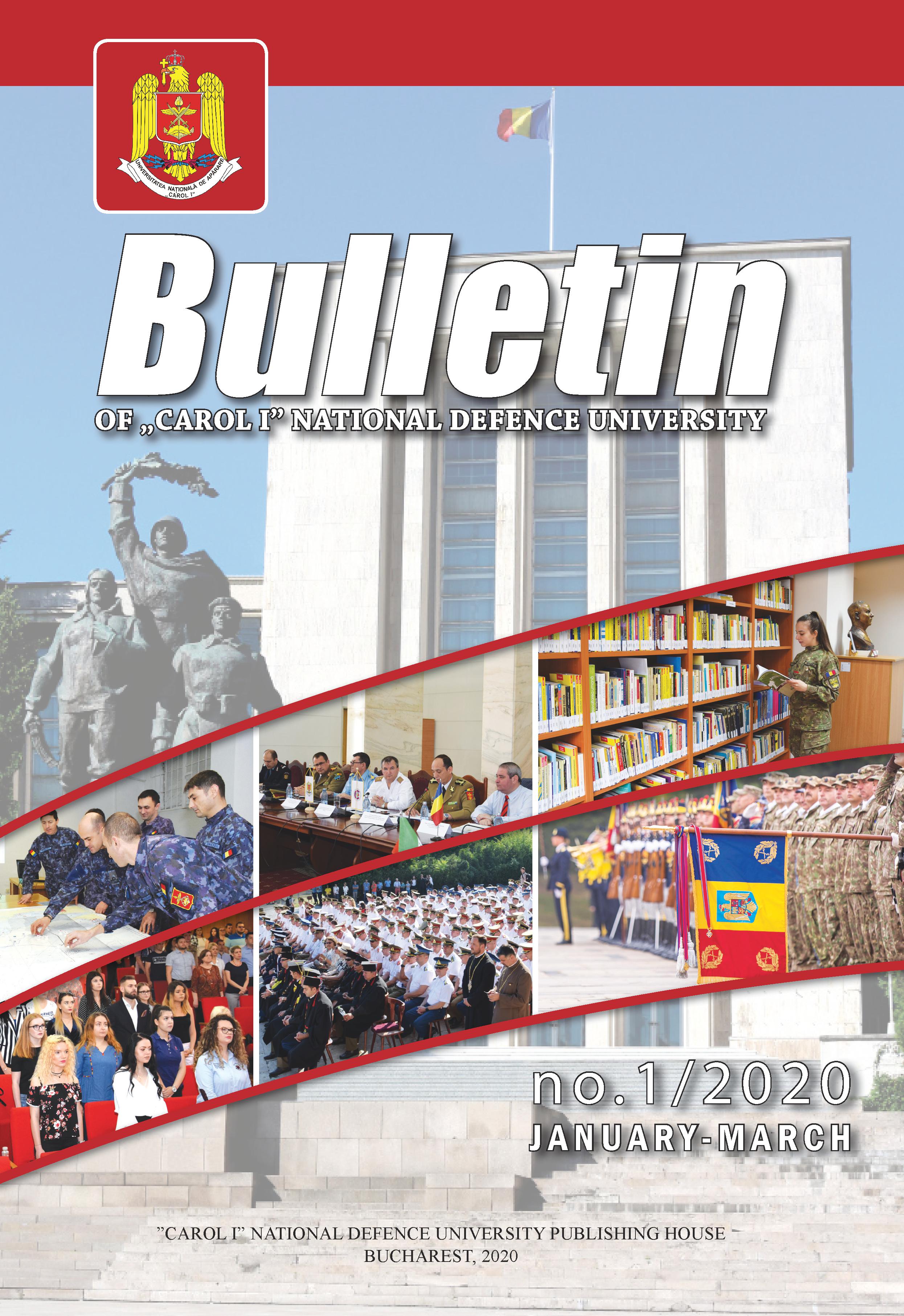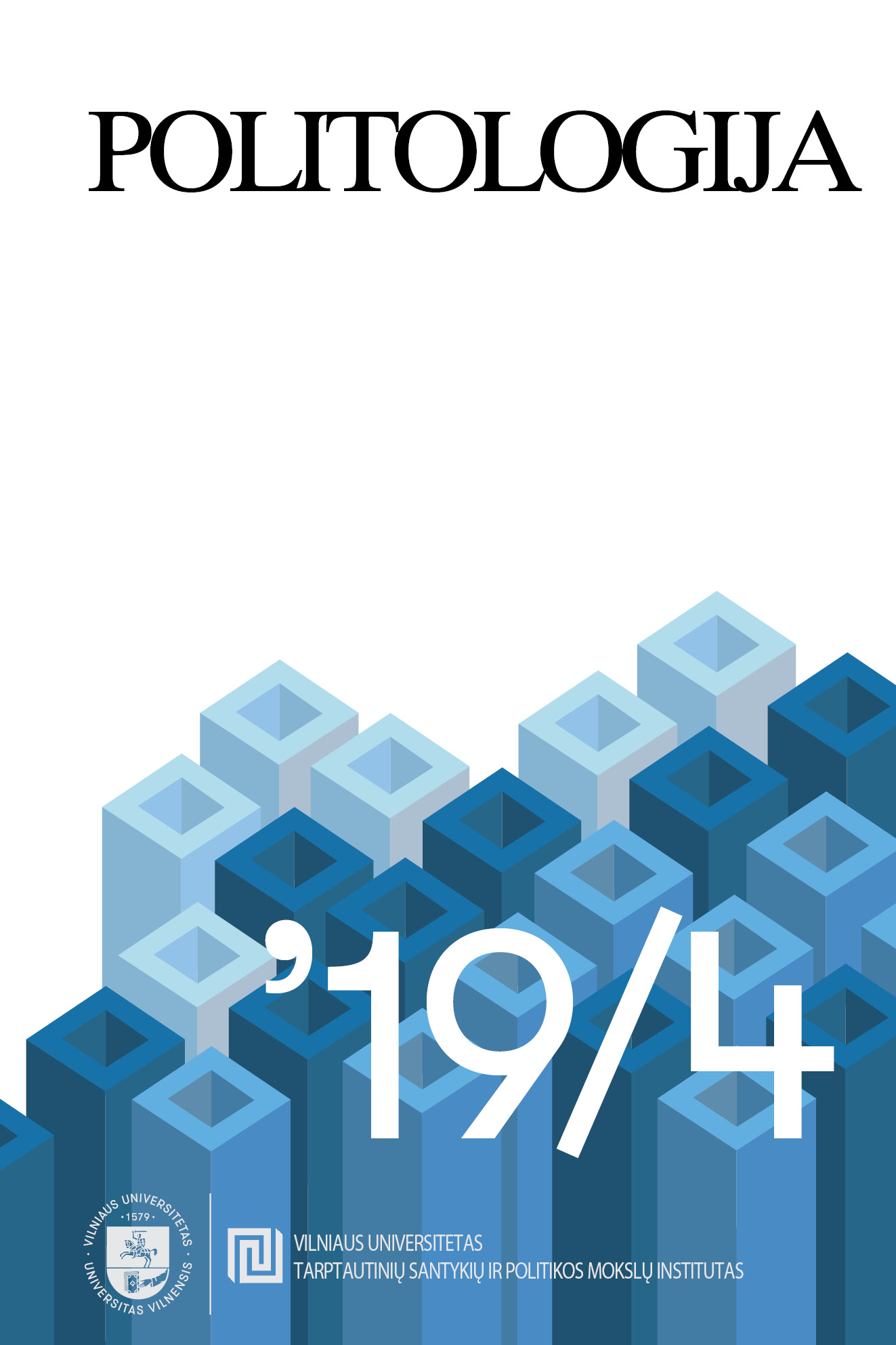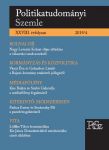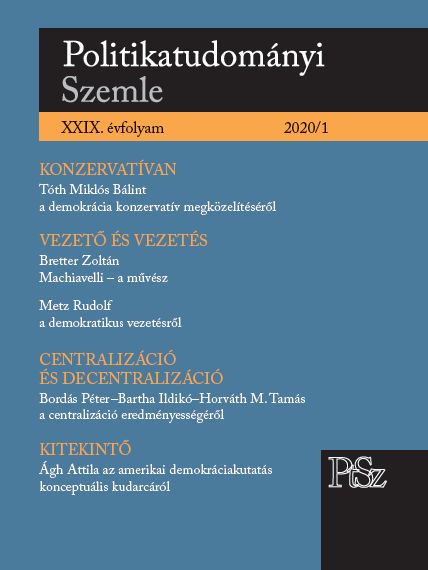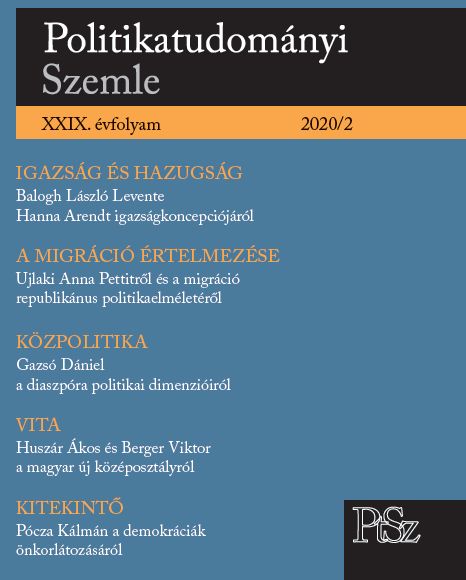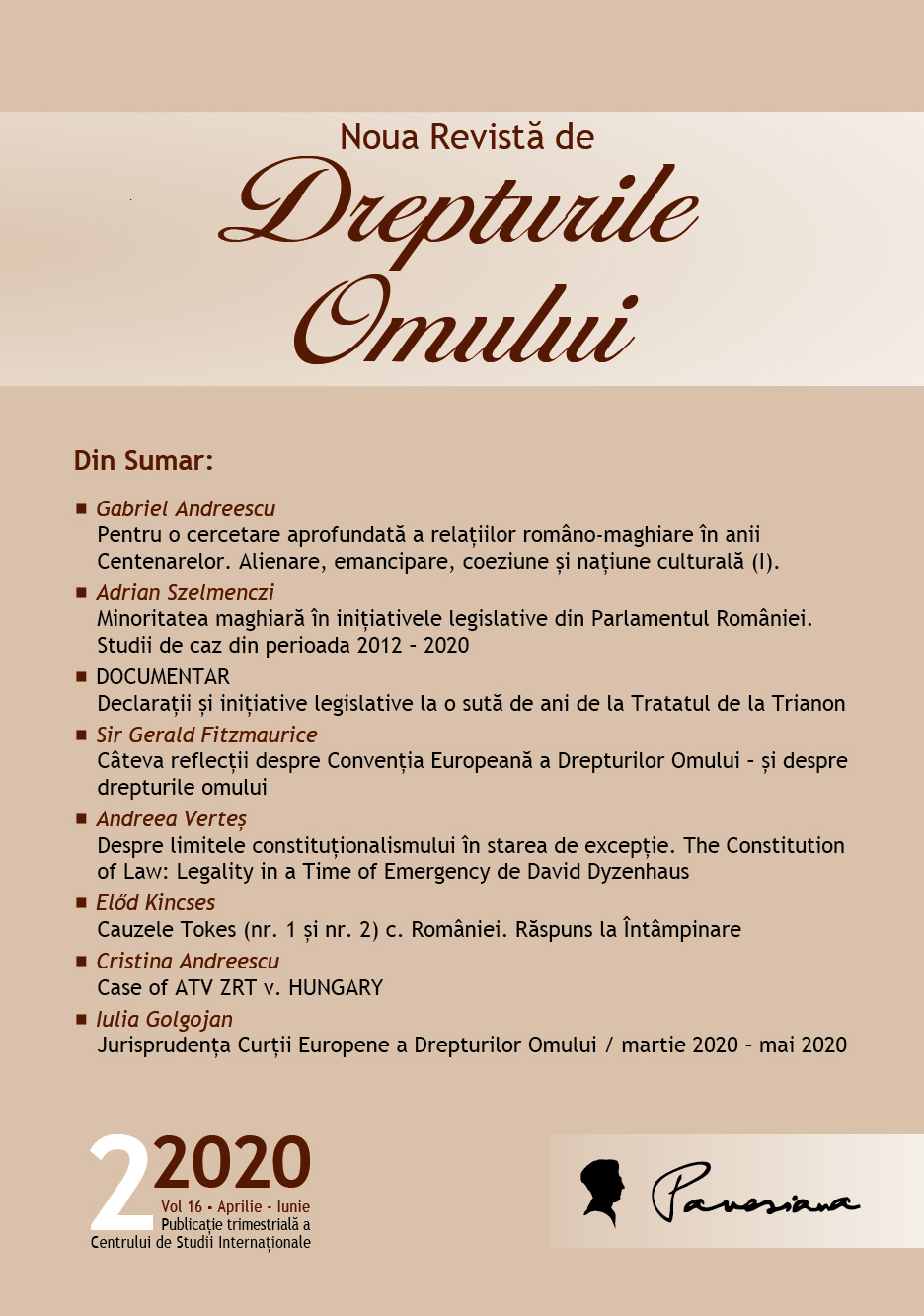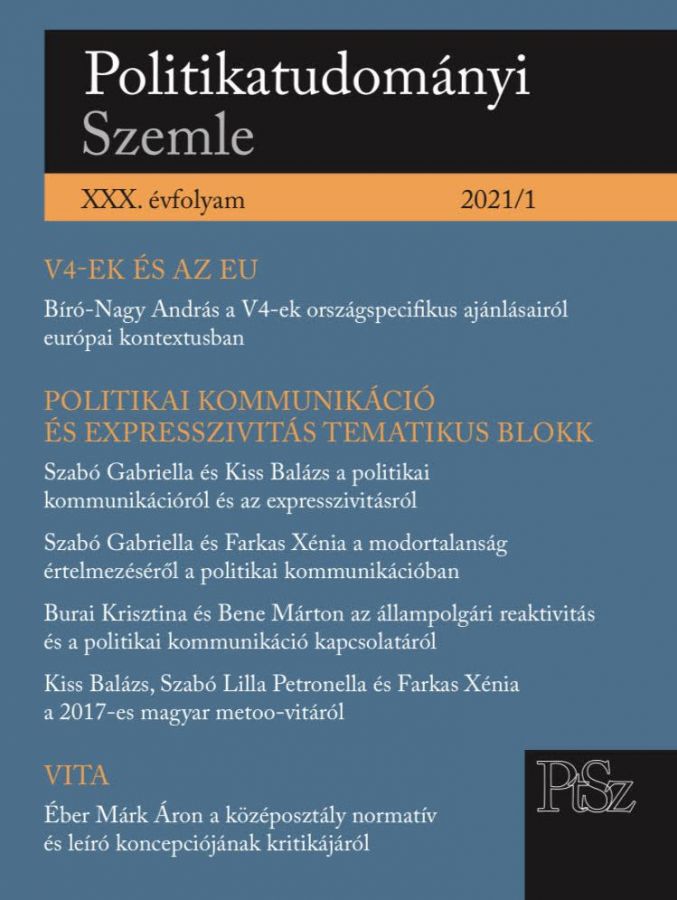DEMOCRACY
Both our daily intake / interpretation of democracy in the media, family, public transport and generally all around us, as well as extensive research on the relationship between the democracy in our country, etc., require more complex study of this phenomenon by professional individuals and institutions. Certainly, we can not ignore the many theoretical explanations of the concept and the term of democracy by various authors, but we also witness both its vagueness and ambiguity. Commitment to research this topic has arisen because of the importance and advantages of democracy as a kind of political order, but also because of the lack of the negative characteristics of this phenomenon. Economic development favors the development of democracy as developed societies are based on respect for property rights and ownership of pluralism, ensuring the right to work, etc. Historical heritage and from it created social awareness and climate are eitherlimiting or encouraging elements for the development of democracy. Civil society is based on the principles of autonomy, associativity and the public, and it actually represents the legitimacy of the modern state. This paper provides an overview of democracy in modern conditions and points out some of the problems, challenges and issues facing democracy in the future. “Democracy (yet) does not live here, and will not soon, and we just hope it shall not permanently move out,” this is one of the titles within a public opinion survey conducted in 2014 in Serbia by the National Democratic Institute and CeSID. One cannot remain indifferent to this, therefore, this paper presents parts of this research, among other things.
More...
